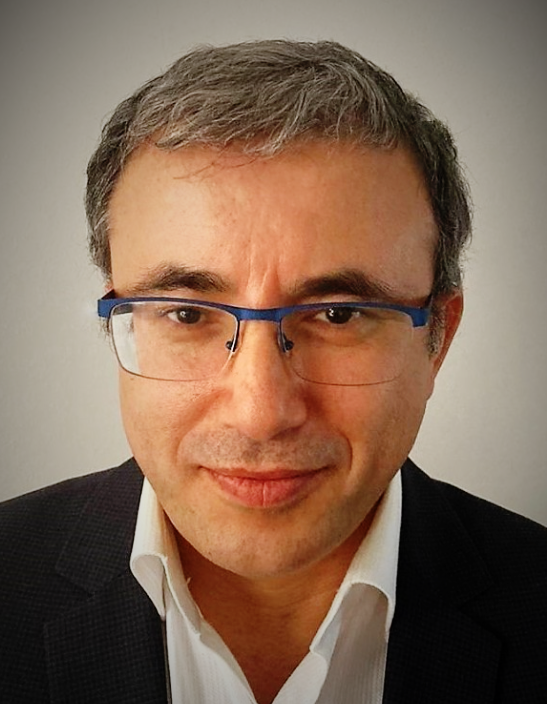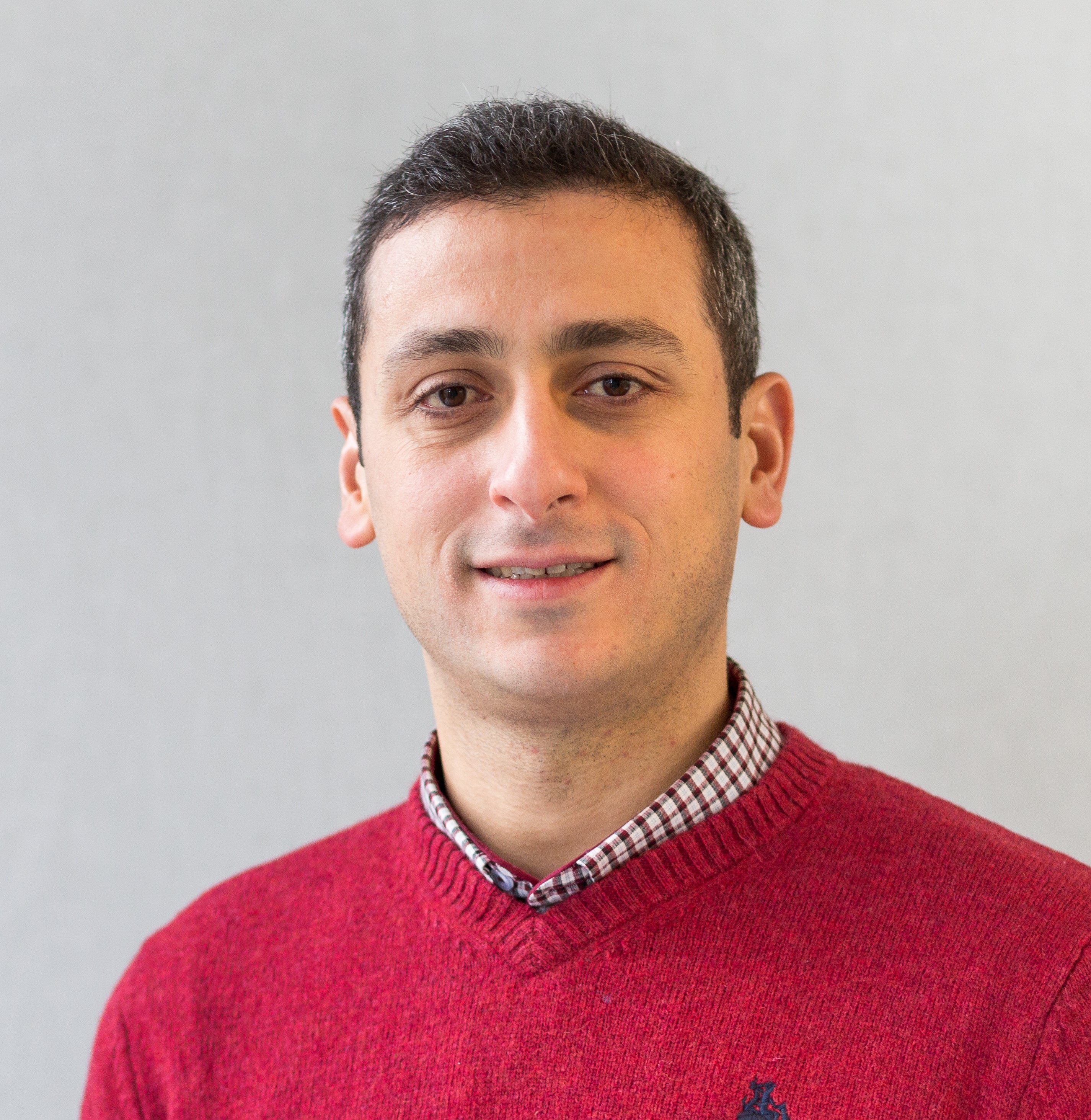Eğitim Seminerleri
Hüseyin Kutluca
"Açık Mimariler"
17.12.2020
13:30 – 14:15
Açık Mimari, açık standartları kullanarak geliştirilmiş ve yeni bileşen ekleme, değiştirme ve yerine farklısını koyma ya da çıkartmayı kolaylaştırmış bilgisayar ya da yazılım mimarisi olarak tanımlanabilir. Açık olma donanım ve yazılım ara yüzlerinde yayımlanmış ve ücretsiz şekilde elde edilebilen standartların kullanılmasını ifade eder.
Açık Sistemlerin genel özellikleri aşağıda listelenmiştir:
- Açık ve ortak kabul görmüş standartların kullanımı
- Ara yüz protokol ve veri standartlarının kabul edilmesi
- Standart servislerin belirlenmesi
- Birden fazla üretici tarafından sağlanan ürünlerin kullanımı
- En az çaba ile birlikte çalışabilirlik
- Kolayca ölçeklenebilir ve güncellenebilir sistemler
- Platformlar arası taşınabilir uygulamalar
- Taşınabilir kullanıcılar
Günümüzde Endüstriyel Nesnelerin İnterneti, IOT, IIOT akıllı şehirler gibi yaklaşımlar birlikte çalışabilirliği sağlamak üzere açık mimari tasarımları daha üst seviyeden zorunlu hale getirmektedir. Bu alanda kimi zaman referans mimari dahil bütünleşik bir standart öne çıkar iken kimi zamanda sadece birlikte çalışabilirliği sağlamak üzere ortak veri dağıtım standartları oluşmaktadır. Öne çıkan Açık Mimari standartları aşağıda verilmiştir:
- Future Avinonics Capability Environment (FACE): Aviyonik Sistemler
- Open Field Message Bus (OPEN FMB): Güneş, Rüzgar vb Enerji Sistemleri
- AUTomotive Open System ARchitecture (AUTOSAR): Otomotiv Yazılımları
- Nato Generic Vehicle Architecture (NGVA): Askeri araçlar
- Open Architecture Computing Environment (OACE): Gemi Komuta Kontrol sistemleri
Bu konuşma kapsamında açık mimarilerin temel özellikleri, sektörde öne çıkan açık mimari standartlarının izlediği yaklaşımlar ve açık mimari yaklaşımının birlikte çalışabilirlik için önemi paylaşılacaktır.
Hüseyin Kutluca,1995 yılında Hacettepe Üniversitesi Bilgisayar Bilimleri bölümünden lisans ve 1997 yılında Bilkent Üniversitesi, Bilgisayar Mühendisliği bölümünden yüksek lisans diploması alarak iş hayatına atılmıştır. Mühendislik hayatı boyunca büyük ölçekli ulusal ve uluslararası projelerde tasarım, yazılım geliştirme, yazılım-donanım entegrasyon ve saha testlerinde aktif rol almıştır. Açık mimariler ve bu mimarilerde kullanılan yayımla/abone-ol temelli ara katmanlar ana ilgi alanları arasındadır. Çalıştığı şirketlerde yeni ARGE projeleri tanımlamış ve yürütmüştür. Yazılım mimarileri kavramlarının sanayi projelerinde kullanılması ile ilgili tecrübelerini paylaştığı makaleler yazmış ve konferanslarda sunumlar yapmıştır. İki yıldır Hacettepe Üniversitesi Bilişim Enstitüsünde yarı zamanlı öğretim üyesi olarak Yazılım Mimarileri dersi vermektedir. Yazılım mimarileri alanında yazdığı makaleleri Medium ortamında yayımlamakta ve bu içeriği yazılım mimarileri kitabı olarak basmayı hedeflemektedir.
Prof. Dr. Bedir Tekinerdoğan
"Architecting Software-Intensive Physical Protection Systems"
17.12.2020
14:30 – 15:15
A physical protection system (PPS) integrates people, procedures, and equipment to protect assets or facilities against theft, sabotage, or other malevolent intruder attacks. Designing software-intensive PPSs is not trivial and requires the consideration of multiple different concerns. Hence, several PPS methods have been proposed in the literature to design and analyze PPSs to realize the envisioned objectives. In this seminar, we will first provide an overview of the PPS engineering process and then focus on the architecture modeling of PPS to support the communication among stakeholders, analysis and guiding the systems development activities. A common practice for modeling architecture is by using an architecture framework that defines a coherent set of viewpoints. We will present both the required architecture framework and architecture design.
Prof. Tekinerdoğan is a full professor and chair of the Information Technology group at Wageningen University, The Netherlands. He has more than 25 years of experience in information technology and software/systems engineering. He is the author of more than 300 peer-reviewed scientific papers. He has been active in dozens of national and international research and consultancy projects with various large software companies, whereby he has worked as a principal researcher and leading software/system architect. Hence, he has got broad experience in software and systems engineering in different domains such as consumer electronics, enterprise systems, automotive systems, critical infrastructures, cyber-physical systems, satellite systems, defense systems, production line systems, command and control systems, physical protection systems, radar systems, smart metering systems, energy systems, and precision farming. With this, he has ample experience in software and systems architecting, software and systems product line engineering, cyber-physical systems, model-driven software engineering, aspect-oriented software engineering, global software development, systems engineering, system of systems engineering, data science, and artificial intelligence. He has developed and taught around 20 different academic courses and has provided software/systems engineering courses to more than 50 companies in The Netherlands, Germany, and Turkey.
Dr. Tarek Alskaif
Mitigating climate disasters via decentralized energy management system designs for microgrid communities
18.12.2020
14:30 – 15:15
The global need to mitigate climate change has led to an increased development and adoption of renewable energy generation technologies, such as solar energy, as well as an electrification of various energy technologies that are traditionally based on fossil fuels, such as electric vehicles. Indeed, conventional electricity grids are being transformed to interconnected and flexible grids that ensure a bidirectional flow of electricity and information between all points in the network, forming the so-called “smart grid”. However, distributed energy assets are being mostly integrated in the fringes of the end-user, where the electricity grid infrastructure might not be properly equipped to facilitate this. This would also require more involvement of end-users in the energy system. These developments have pushed the needs for a bottom-up design of energy management and coordination systems, supported by the recent advancements in Information and Communication Technologies (ICT), and forming what is called microgrids and energy communities. This seminar will present and discuss two novel smart energy system designs for coordinating distributed energy assets in microgrids. The different designs will be discussed depending on their degree of decentralization, autonomy and privacy. The ICT systems needed in each design will be demonstrated based on actual pilot implementations in the city of Amsterdam, the Netherlands.
Dr. Tarek Alskaif is an Assistant Professor at the Information Technology group at Wageningen University & Technology (WUR), The Netherlands. He received the Ph.D. degree (Cum-laude) from the Technical University of Catalunya, group of Statistical Analysis of Networks and Systems, Barcelona, Spain in 2016 and obtained the B.Sc. degree and the M.Sc. degree in Computer and Automation Engineering from Damascus University, Syria in 2007 and 2011, respectively. Between 2016-2020, he was a postdoc at Utrecht University, the Netherlands, where he worked on several EU and Dutch research projects, with both academia and industry, in the area of smart grids and smart cities. His main research interest is on using novel ICT solutions, data analytics and machine learning for achieving sustainability targets in cities and enabling the energy transition. He is the (co)author of more than 40 peer-reviewed scientific articles, a guest-editor and a regular reviewer for several international journals and conferences in the area of smart grids and cyber-physical systems. He is a steering committee member, a technical program committee and the publications chair of the IEEE International Conference on Smart Energy Systems and Technologies (SEST).


